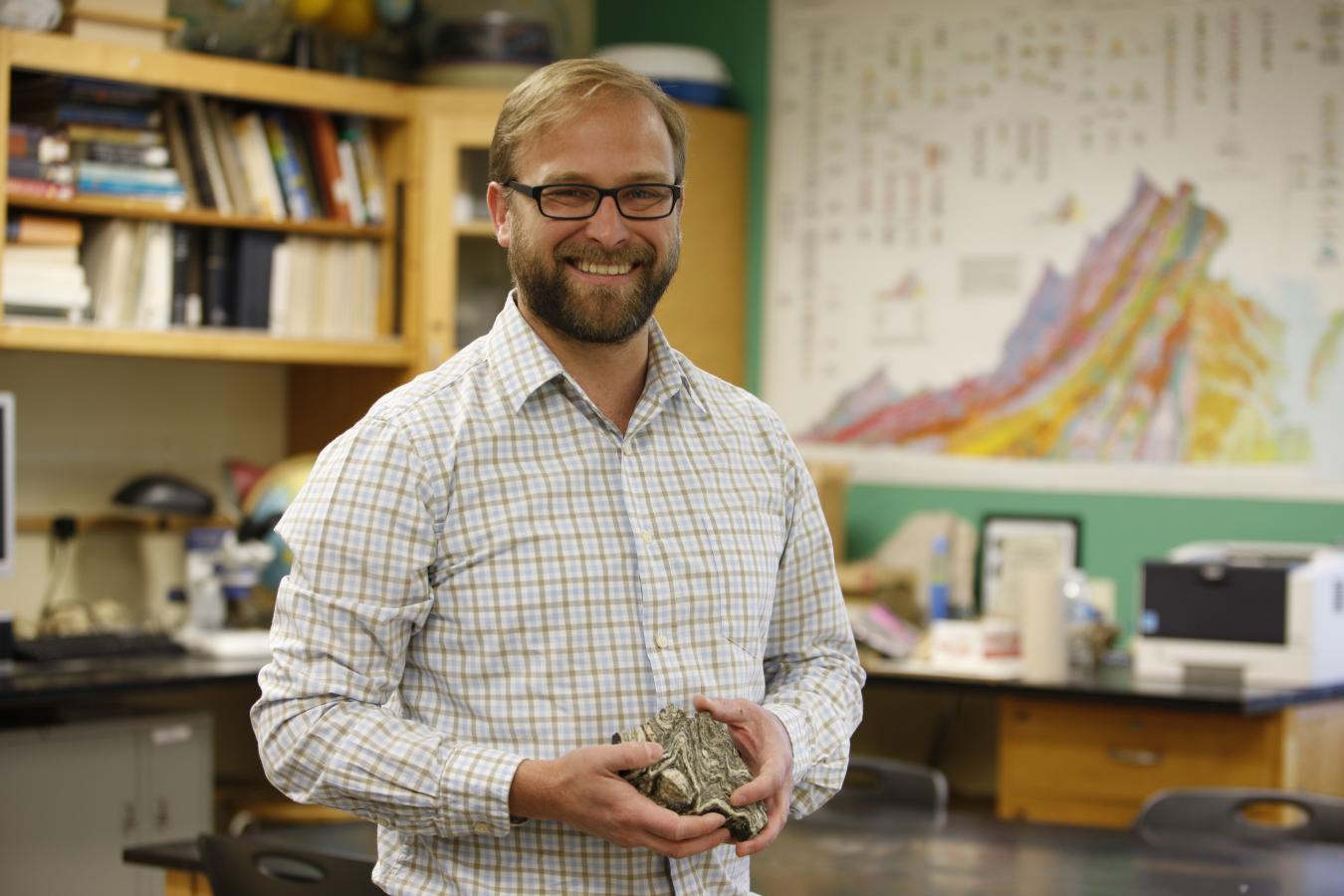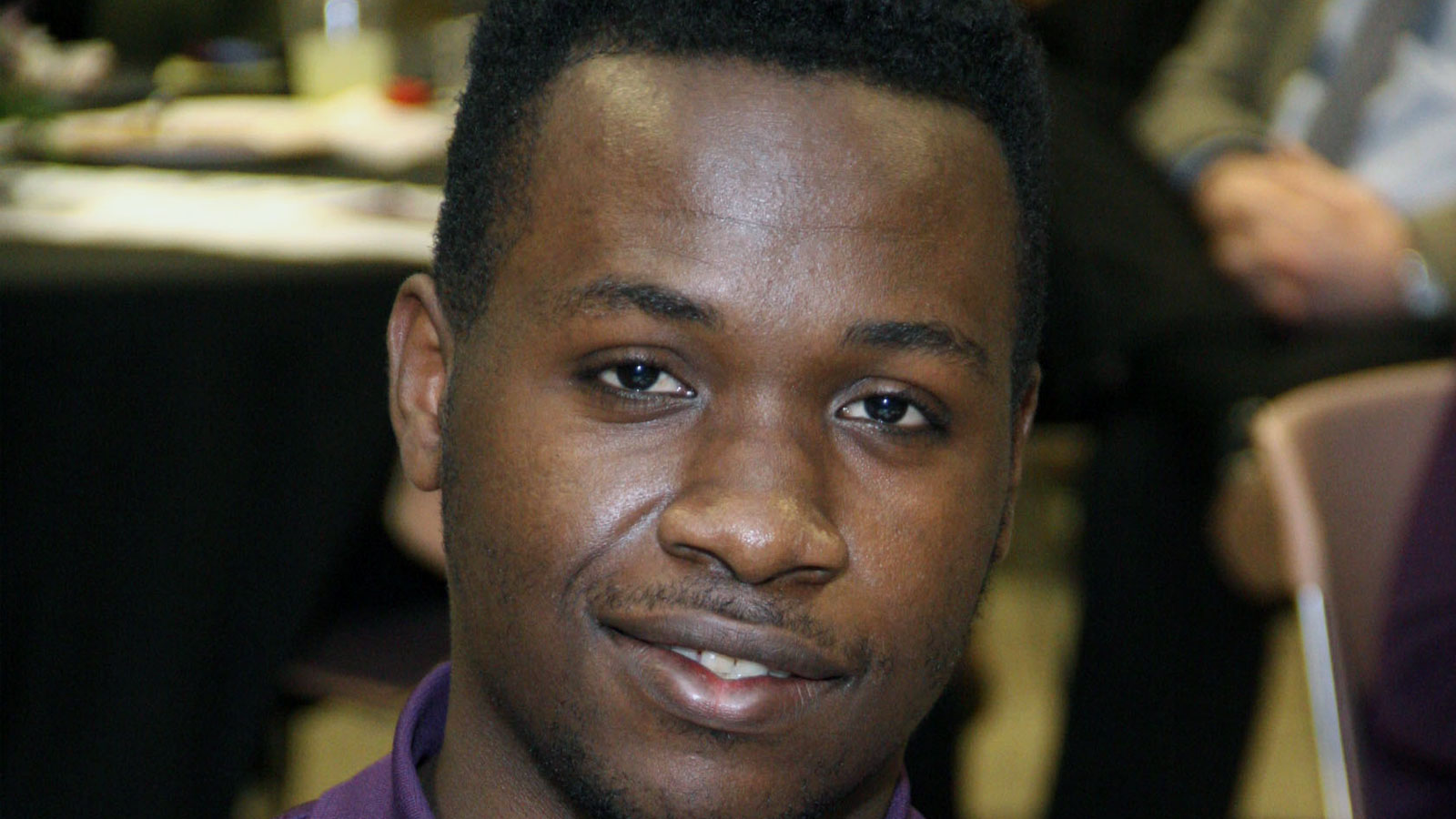
“There was something about these classes that proved to me that education was attainable and exciting.”
When he joined Virginia Peninsula's teaching faculty in 2007, Peter Berquist brought unique experience that helped him relate to his students like few instructors can. He has sat where they sat, literally. Berquist was a dual-enrollment student at Virginia Peninsula while attending high school in Williamsburg. The classes he took were quite impactful. "There was something about these classes that proved to me that education was attainable and exciting," notes Berquist.
He continued his studies at the College of William & Mary, where he took a freshman seminar in Geology that included field study. The experience "lit a fire" in him as he noticed the way geologists looked at problems and studied the Earth was very different than what he saw in other sciences. After completing a bachelor's degree at William & Mary, then earning a master's degree from Vanderbilt University, Berquist worked as a park ranger at Acadia National Park in Maine while also serving as a visiting professor at The College of the Atlantic. Though he enjoyed both positions, Berquist felt pulled to work with students at the community college level and returned to Virginia Peninsula.
It's important for Berquist that his students have access to the same opportunities he did. Shortly after coming back to Virginia Peninsula, he and a colleague, Callan Bentley from Northern Virginia Community College - Annandale, were discussing how important the field courses they took as undergraduates had been to their educational experiences. Lamenting that these courses were exclusively available at four-year colleges, the pair decided to make their own field course for community college students.
Each summer since 2009, Berquist has co-led a two-week course that enables students to experience ancient fossils, glaciers, plate tectonics and more. The course, listed out of NOVA, but available to students from Virginia Peninsula and other colleges across the country, are taught in the Rocky Mountains. The locations alternate from Wyoming and Montana, to the Canadian Provinces of Alberta and British Columbia, depending on the year. Berquist sees these field classes as natural laboratories where students can recall what they learned in their introductory Geology courses and see how the features they studied are expressed in the Earth itself.



